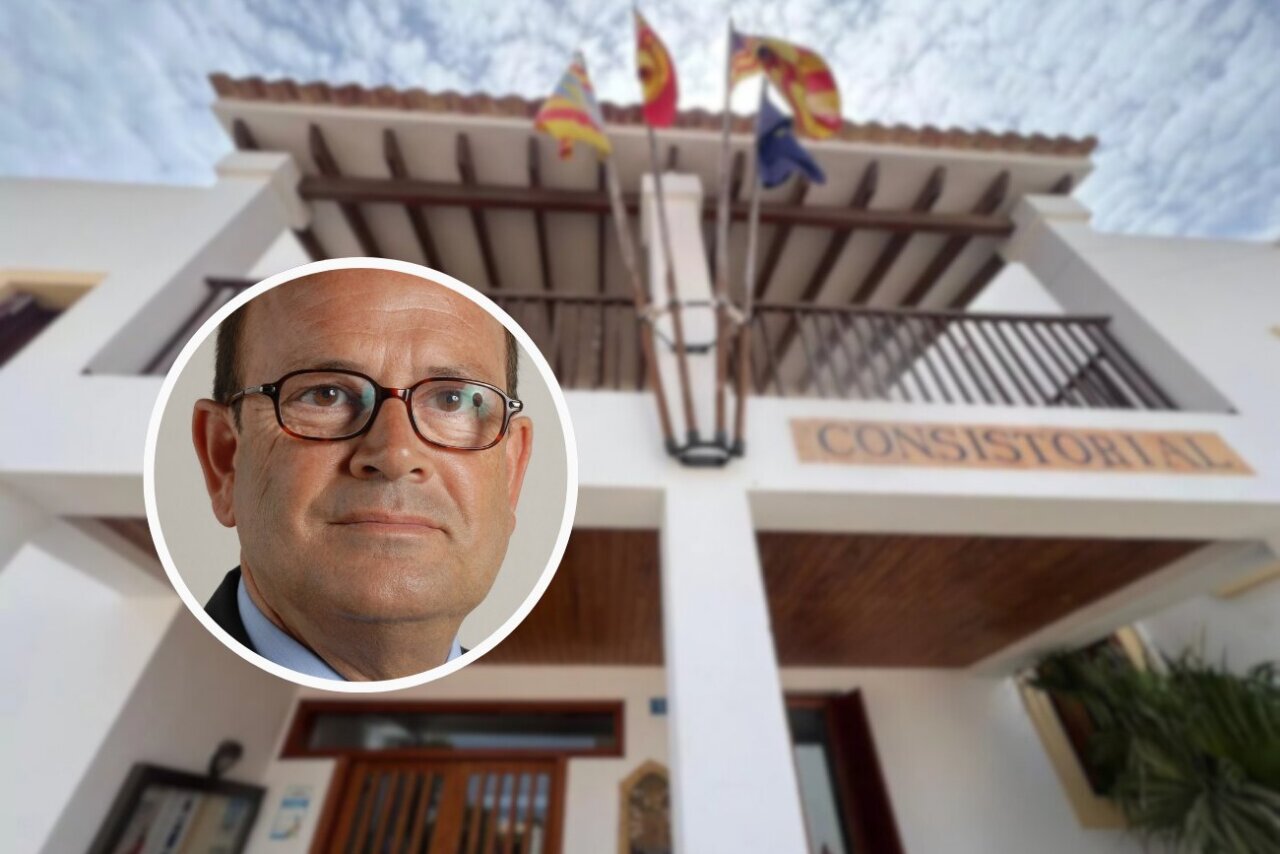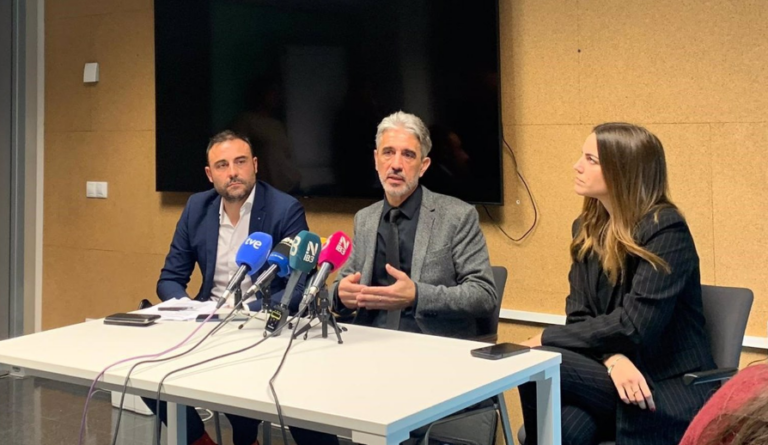*By Joan Huguet Rotger
He was vice-president of the Balearic Government, president of the Parliament, president of the Consell insular de Menorca and spokesman of the constitutional commission of the Senate. On the other hand, he was the material drafter of the law of creation of the Consell insular de Formentera and coordinating rapporteur of the reform of the statute of autonomy of 2007.
Formentera does not claim a privilege, but an act of justice. It does not demand a favor, but the recognition of a reality that is already institutional, political and democratic. Since the reform of the
This dissonance between the letter of the Constitution and the institutional reality is not minor. It is a legal and political anomaly that disfigures the representative balance of the State and leaves Formentera without a direct voice in the territorial chamber that, precisely, should guarantee the presence of all the territorial entities of Spain.
A constitutional inconsistency to be corrected
Article 69.3 of the Constitution establishes that “in the island provinces, each island or group of islands with a Cabildo or Island Council shall constitute a constituency for the purpose of electing senators”. In other words, the criterion for representation in the Senate is neither population nor economic, but institutional. If an island has its own governing body, it must have its own senator.
Formentera meets all these requirements. It has had a Consell Insular for eighteen years, exercises its own competences and maintains a differentiated political life. However, the constitutional text still includes the formula “Ibiza-Formentera”, inherited from 1978, when both islands shared insular government. This wording, reasonable in the pre-autonomous context, has become obsolete since the creation of the Consell de Formentera.
Therefore, what is being proposed today is not a localist claim or an identitarian gesture. It is a

An anomaly recognized even outside the island
Formentera’s situation is unique in Spain. It is
This anomaly has been pointed out by jurists, constitutional experts and even by public representatives. The senator himself for the current “Ibiza-Formentera” constituency has acknowledged in statements to the press that
The political unanimity at the regional level shows that this is not a partisan claim, but a demand shared by all the representatives of the Balearic people.
A voice of its own in the territorial chamber
The Constitution defines the Senate as the chamber of territorial representation. Consequently,
Formentera, with its human dimension, its insular identity and its singularities -from its double insularity to the management of natural resources or the protection of its environment-, deserves a direct and not subordinate representation. Having its own senator does not mean more expense or privilege; it means that state decisions can take into account the perspective of a small island with institutional weight.
Giving Formentera a voice in the Senate reinforces representative democracy, improves the institutional quality of the autonomous State and complies with the principle of proximity to citizens that inspires all our territorial architecture.
A possible and legitimate constitutional reform
Modifying the Constitution is not a taboo. The Magna Carta itself provides for reform mechanisms (Articles 167 and 168), precisely to update its content when the institutional reality evolves. The amendment proposed here would be one of the simplest to process: it does not alter the total number of senators, nor does it modify the balance of power between territories, but simply redefines an existing constituency to adapt it to reality.
The change would be as simple as replacing the mention “Ibiza-Formentera” with “Ibiza” and “Formentera”, so that Article 69.3 would be worded as: “… and one to each of the following islands or groupings: Ibiza, Formentera, Menorca, Fuerteventura, La Gomera, El Hierro, Lanzarote and La Palma.”
Such a reform does not alter the essence of the Constitution, but rather strengthens it. It brings it closer to reality and corrects an inconsistency that, over the years, has become more evident.

A recognition of the efforts of a mature island
Formentera has come a long way to consolidate its self-government. Since that statutory process promoted by the Balearic Parliament itself, and of which I was rapporteur and coordinator, it was understood that the creation of the Consell Insular was not a concession, but an act of historical justice. The island has demonstrated management capacity, democratic maturity and institutional responsibility.
Today, to complete this process through the recognition of a senator would be to fulfill the spirit of that reform: to fully equalize Formentera with the rest of the islands of the archipelago, both at the regional and state level.
Conclusion: institutional justice, not privilege
The 1978 Constitution was the fruit of a pact between generations. Now, more than four decades later, it is up to our generation to perfect it, to adapt it to the autonomous Spain that it created. The existence of a Consell Insular de Formentera is an indisputable legal, political and democratic fact. Its absence as a senatorial constituency, an evident incoherence.
Giving Formentera its own senator does not destabilize the state, but makes it fairer, more coherent and more representative. Because a solid democracy is measured not only by the number of its citizens, but by its capacity to listen to even the smallest ones.
Formentera, with its history, its identity and its institutional maturity, deserves to have its own voice in the Senate. And that voice -the voice of an island that has known how to be a government, a territory and a community- must also be heard in the heart of Spanish democracy. So be it.










